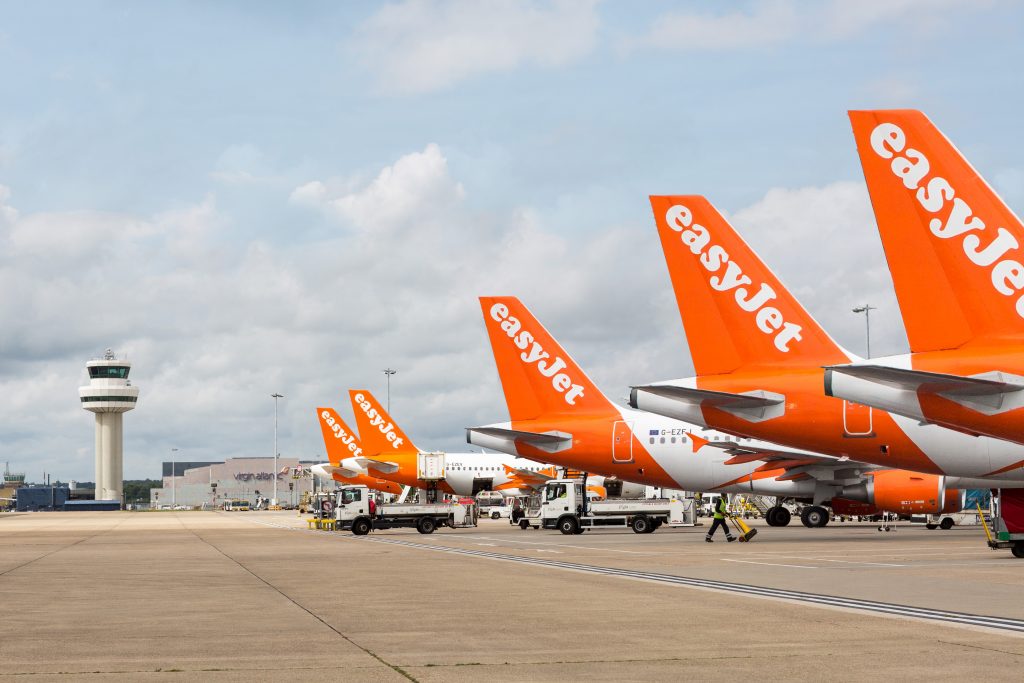
The low-cost European airline easyJet says it will slash up to 30 per cent of its workforce, shrink its aircraft fleet by around 50 planes, and optimise its route network in response to the COVID-19 pandemic. Little over a week ago, easyJet announced plans to restart some flights from June 15 after a period in which nearly all of the budget airline’s fleet was grounded because of Coronavirus lockdown across Europe.
Unions representing workers at the Luton-based airline said they had not been consulted before easyJet made the announcement to the stock market on Thursday morning – which came just two days after chief executive Johan Lundgren sent staffers a “good news” message that made no mention of possible job losses.

The cabin crew Unite union labelled the decision “unnecessarily hasty” but conceded that the UK aviation industry was in a “perilous state” and needed urgent government financial support. easyJet has already received a £600 million government-backed loan to help support it through the crisis.
“We realise that these are very difficult times and we are having to consider very difficult decisions which will impact our people, but we want to protect as many jobs as we can for the long-term,” Lundgren said of the decision to cut thousands of employees.
“We remain focused on doing what is right for the company and its long-term health and success, following the swift action we have taken over the last three months to meet the challenges of the virus. Although we will restart flying on 15 June, we expect demand to build slowly, only returning to 2019 levels in about three years’ time,” Lundgren continued.
Initially, easyJet will only operate domestic flights in the UK and France, as well as a very small number of international services. More routes should be added as lockdown restrictions are lifted and customer demand picks up – so far, easyJet says it has seen “encouraging” trends and “demand indications” are picking up.
But despite a small glimmer of hope, the airline doesn’t believe demand will return to pre-COVID levels until around 2023. As a result, by the end of next year, easyJet expects to be operating 51 fewer aircraft than originally planned. Some deliveries for new aircraft will be postponed, while some planes will have to remain in longterm storage.
As well as laying off 30 per cent of its workforce, easyJet said it would also seek to extract productivity increases from staffers who remain. The airline was previously criticised for trying to introduce money-saving changes to terms and conditions for pilots and cabin crew at the outset of the crisis.
The pilots union, BALPA described the announcement as a “kick in the teeth” and said it still needed “a lot of convincing that easyJet needs to make such dramatic cuts”. That sentiment was backed up by Lindsey Olliver from the Unite union, who urged the airline to continue making use of a taxpayer-funded furlough scheme to keep workers on the payroll at reduced cost until at least October.
easyJet intends to start discussions with workers in the coming days but did not specify when the redundancies are expected to take place or which departments will be impacted.
Related
Mateusz Maszczynski honed his skills as an international flight attendant at the most prominent airline in the Middle East and has been flying ever since... most recently for a well known European airline. Matt is passionate about the aviation industry and has become an expert in passenger experience and human-centric stories. Always keeping an ear close to the ground, Matt's industry insights, analysis and news coverage is frequently relied upon by some of the biggest names in journalism.







